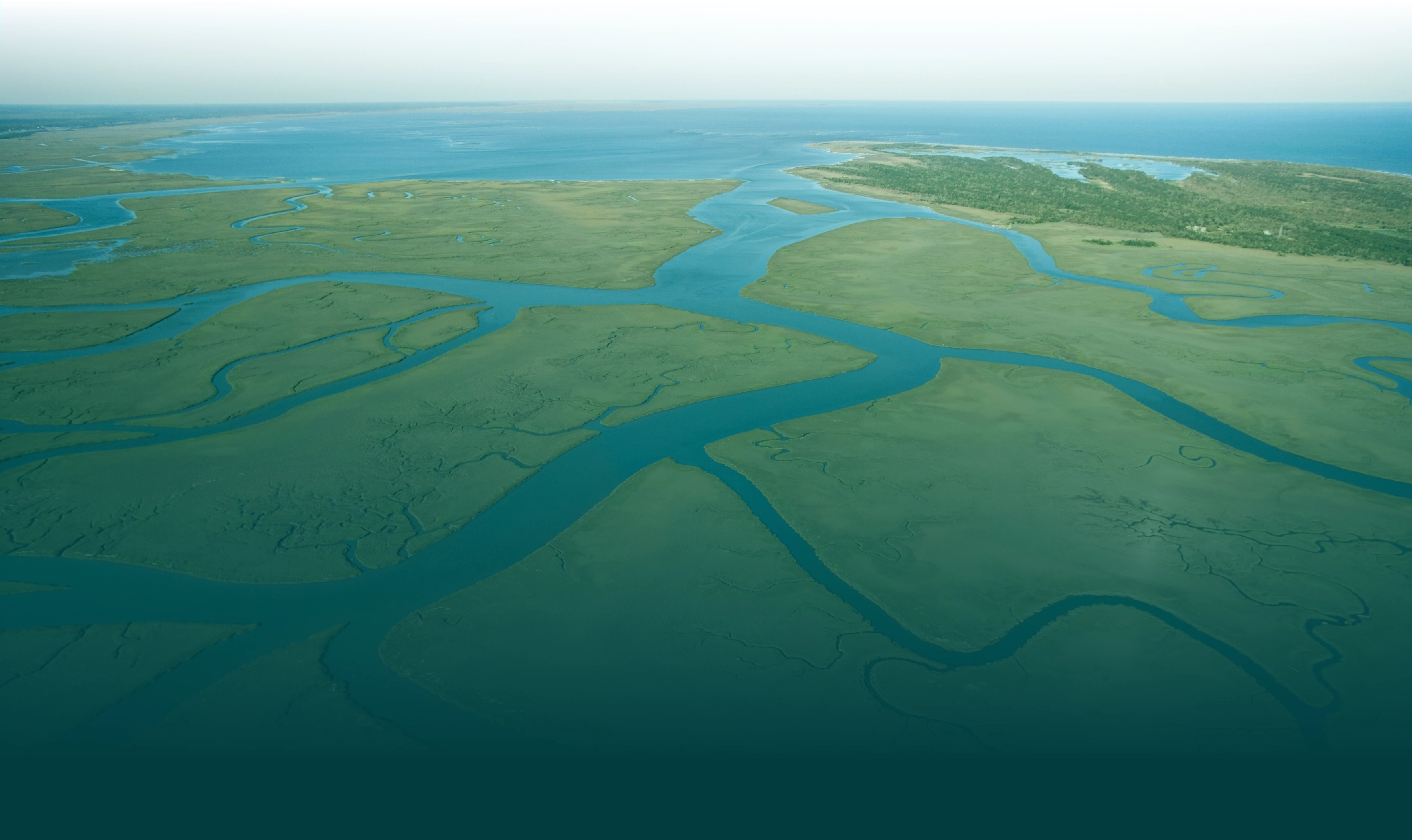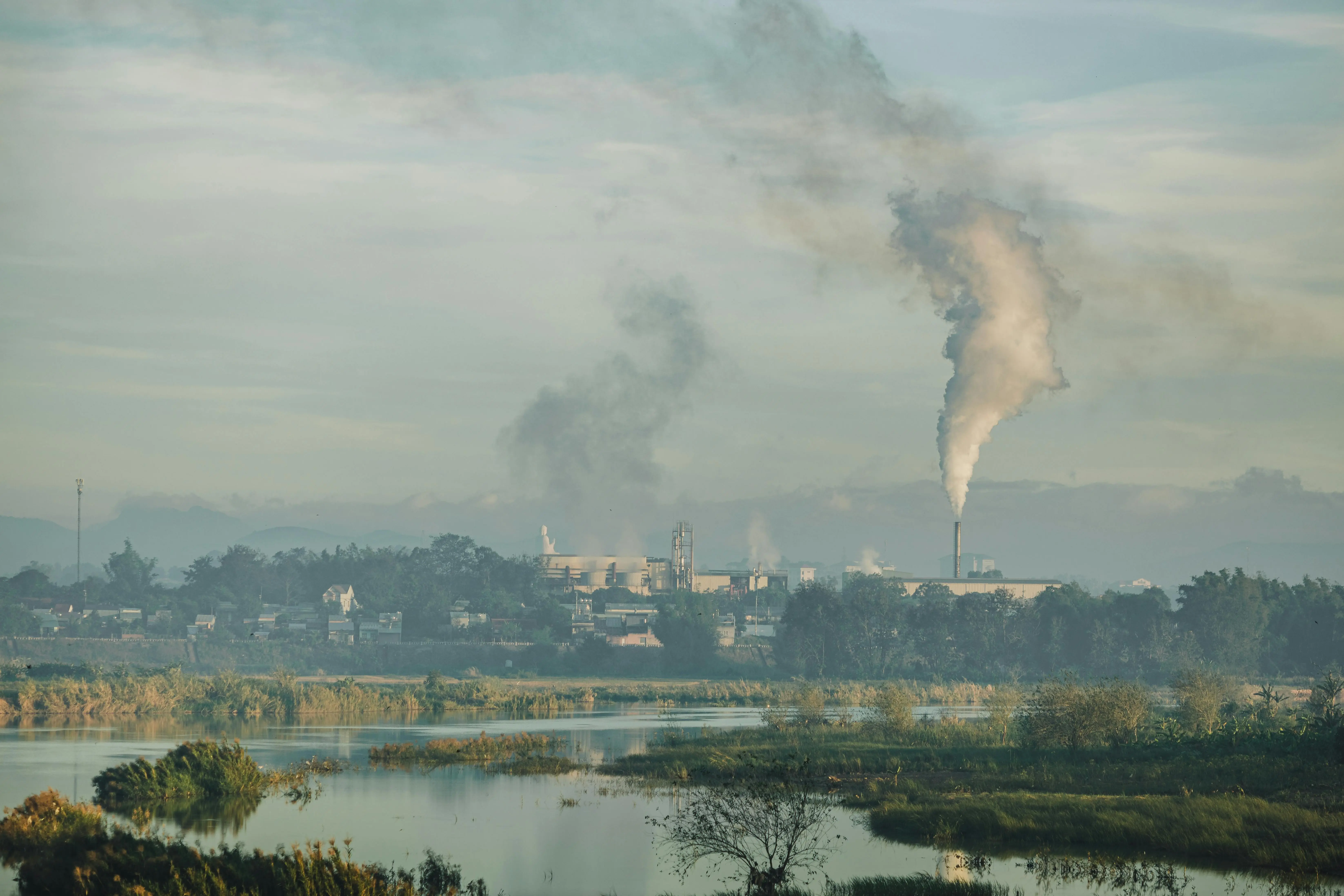Cascade is standing up a global Coordinated Research Network (CRN) of standardized ERW experimental field trials across diverse global geographies.
02/05/2026
·
5 MIN READ
Learn how Cascade is driving strong community alignment on the credibility of corporate and international credit claims, and read our latest report.
01/21/2026
·
4 MIN READ
Briding the gap between introductory ERW explainers and technical documents, this blog offers an in-depth look at ERW’s attributes as a high-integrity carbon removal pathway. While ERW has clear strengths relative to the criteria, realizing its significant potential for carbon removal and co-benefits requires addressing distinct challenges.
09/17/2025
·
12 MIN READ
We built the Weathering Potential Explorer, an interactive global map that can support successful ERW deployments by pinpointing regions where relative environmental conditions could favor rapid silicate weathering.
08/14/2025
·
2 TO 20 MIN READ
As the EU explores enhanced rock weathering under the Carbon Removal and Carbon Farming (CRCF) we highlight four key recommendations from Foundations. A high quality methodology under the EU CRCF will send a clear signal to the market about minimum requirements for robust quantification and environmental health and safety.
06/02/2025
·
8 MIN READ
As enhanced rock weathering gains momentum as a promising carbon removal approach, we need to ensure it remains environmentally sound. The ERW-MAC helps practitioners understand potential metal accumulation risks in soils from ERW deployments using intentionally conservative assumptions.
04/30/2025
·
18 MIN READ
The purpose of this report is to introduce policy stakeholders—particularly those in the U.S. and EU—to ERW, and to highlight opportunities to further support this promising carbon removal and agricultural land management practice through both new and existing policy levers.
02/20/2025
·
10 MIN READ




